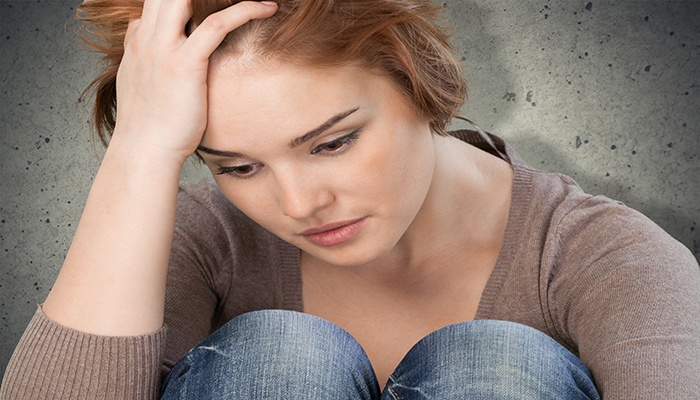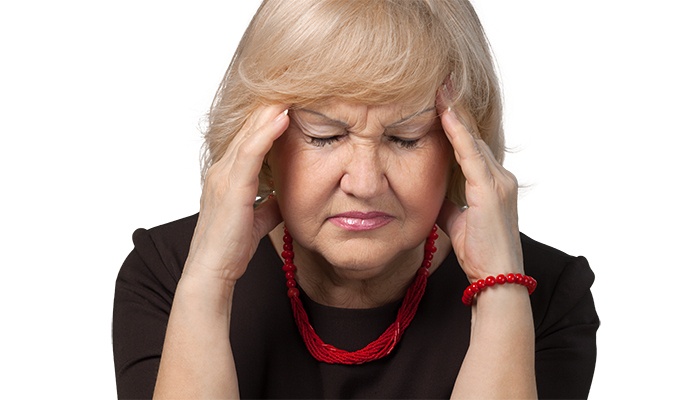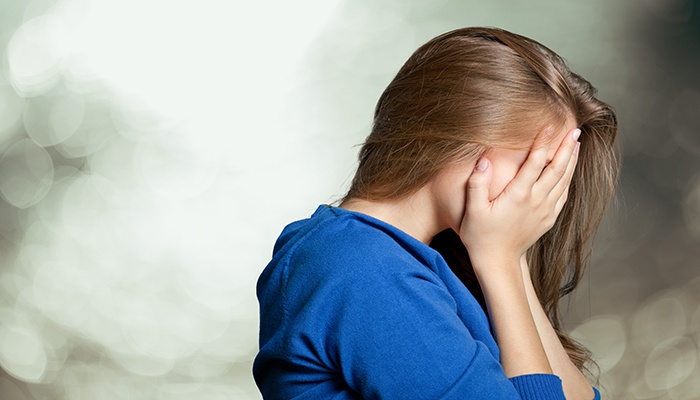Depression is a serious mental health condition that affects millions of people worldwide. It can interfere with daily life, relationships, work, and overall well-being. While depression may feel overwhelming, it is treatable. There are a variety of approaches available, ranging from therapy and medication to lifestyle changes and alternative treatments. Finding the right combination often requires patience and professional support, but recovery is possible.
Understanding Depression
Before diving into treatment options, it’s important to understand what depression is. It goes beyond occasional sadness or low mood. Clinical depression, or major depressive disorder (MDD), involves persistent feelings of hopelessness, fatigue, disinterest, and worthlessness that last for weeks or months. Other types of depression include persistent depressive disorder, seasonal affective disorder (SAD), postpartum depression, and bipolar depression.
Each type may require a slightly different treatment approach, but the core goal remains the same: to help individuals regain their mental balance and improve quality of life.
Psychotherapy: Talking Through the Pain
One of the most widely used treatments for depression is psychotherapy, commonly known as talk therapy. Cognitive Behavioral Therapy (CBT) is among the most effective approaches. It helps individuals identify and change negative thought patterns and behaviors that contribute to their depression.
Another form, Interpersonal Therapy (IPT), focuses on improving communication and relationships, which can play a critical role in emotional well-being. For some, psychodynamic therapy—exploring unresolved past conflicts—can be beneficial.
Therapy sessions may be conducted one-on-one, in a group, or with family, depending on the individual’s needs. The therapeutic relationship provides a safe space to express emotions and work toward healing.
Medication: Chemical Support
Antidepressants can play a key role in treating moderate to severe depression. These medications work by balancing chemicals in the brain called neurotransmitters, especially serotonin, norepinephrine, and dopamine.
The most common types of antidepressants include:
Selective Serotonin Reuptake Inhibitors (SSRIs) – such as fluoxetine (Prozac) and sertraline (Zoloft)
Serotonin-Norepinephrine Reuptake Inhibitors (SNRIs) – like venlafaxine (Effexor)
Tricyclic antidepressants – older but still effective for certain cases
Monoamine oxidase inhibitors (MAOIs) – used less frequently due to dietary restrictions and side effects
It’s important to note that antidepressants don’t work instantly. They often take several weeks to show effects. Side effects are possible, and finding the right medication may require adjustments. Medication should always be prescribed and monitored by a qualified healthcare provider.
Lifestyle Changes: Supporting the Healing Process
Lifestyle plays a significant role in mental health. For individuals with depression, small daily habits can provide meaningful support. Some beneficial changes include:
Regular exercise – boosts mood by increasing endorphins and serotonin levels
Healthy eating – supports brain function and reduces mood fluctuations
Consistent sleep schedule – poor sleep can worsen symptoms of depression
Avoiding alcohol and drugs – these can interfere with treatment and deepen depression
Mindfulness and meditation – can reduce stress and promote emotional regulation
Even though depression can make it difficult to find motivation, taking small, manageable steps each day can lead to improvement over time.
Alternative and Complementary Treatments
Some individuals benefit from alternative treatments, especially when used alongside conventional approaches. These may include:
Light therapy – particularly effective for seasonal affective disorder
St. John’s Wort – a herbal supplement sometimes used for mild depression (but not recommended without medical advice due to potential drug interactions)
Acupuncture – may help reduce symptoms for some people
Art or music therapy – provides creative outlets for expressing and managing emotions
While alternative therapies can be helpful, they should not replace standard treatment for moderate or severe depression without a doctor’s supervision.
Hospitalization and Intensive Programs
In cases of severe depression, particularly when there’s a risk of self-harm or suicide, hospitalization may be necessary. Inpatient treatment provides a safe and structured environment for stabilization. Partial hospitalization programs and intensive outpatient therapy are also available for individuals who need more support than traditional therapy can offer.
Conclusion: A Journey Toward Wellness
Depression is not a sign of weakness or something that can be simply “snapped out of.” It is a real, medical condition that requires compassionate, multi-faceted treatment. Whether through therapy, medication, lifestyle adjustments, or a combination of these, recovery is achievable.
Seeking help is the first—and often most difficult—step. With the right support system and treatment plan, individuals struggling with depression can rediscover hope, purpose, and joy in life.







